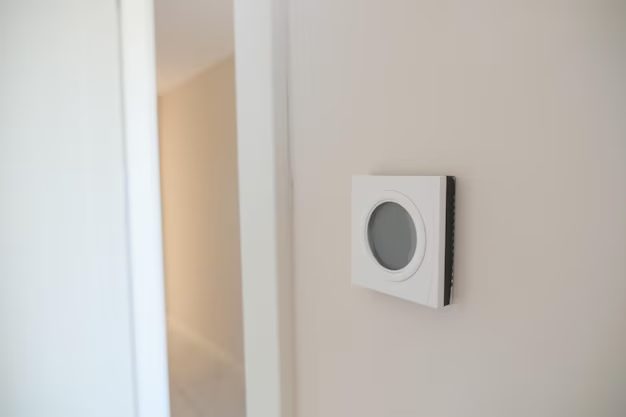Should You Hire an Electrician to Replace Hardwired Smoke Detectors?
Smoke detectors serve as our silent guardians, always on the lookout for the slightest sign of trouble. Replacing hardwired smoke detectors might seem like a straightforward task, but consider this: electrical systems, however familiar they may seem, are nuanced and complex. So, do you need an electrician to execute this task? Let's dive right in.
Understanding Hardwired Smoke Detectors
Hardwired smoke detectors are interconnected to your home’s electrical wiring and usually come with a backup battery for continuous protection. This setup ensures all detectors sound an alarm simultaneously when one senses smoke, providing early warning of potential fires. However, installation demands precise handling of electrical wiring, making some homeowners cautious about tackling this job solo.
Engaging an Electrician: Pros and Cons
Pros:
- Safety First: Professional electricians are trained to manage electrical systems safely, minimizing risks like electrical shock or damage to your home’s wiring.
- Code Compliance: Electricians ensure that the installation complies with local codes and safety standards, often a requirement for insurance policies.
- Troubleshooting: They can identify and fix potential issues that non-specialists might overlook, ensuring reliable and long-lasting detector performance.
Cons:
- Cost: Hiring a professional can be more expensive than doing it yourself, depending on your location and the complexity of the task.
- Scheduling: Working with an electrician may require flexibility in scheduling to find a convenient time for both parties.
DIY Replacement Guide
For the avid DIY enthusiast, replacing a smoke detector alone may be feasible. Here are some steps if you decide to tackle it yourself:
- Turn Off Power: Switch off the power at the circuit breaker to ensure safety.
- Remove Old Detector: Disconnect the wiring harness from the existing smoke detector.
- Connect New Detector: Attach the new detector’s wiring harness, ensuring secure connections.
- Mount Detector: Secure the smoke detector base to the mounting bracket.
- Turn On Power and Test: Restore power and conduct a test to ensure proper installation.
While do-it-yourself methods can save money, the complexity of hardwiring might still require professional expertise to ensure safety and compliance.
Can Financial Assistance Help?
The cost of hiring an electrician or buying new detectors might seem daunting. Here’s where financial aid and government programs can play a crucial role:
Home Safety Grants: Check if your local government offers grants aimed at improving home safety, which can include updates to electrical systems.
DIY Home Improvement Loans: Some financial institutions provide low-interest loans designed for home improvement projects, which can cover the cost of hiring professionals or purchasing necessary equipment.
Community Assistance Programs: Some neighborhoods have community-based programs supporting essential home safety repairs at low or no cost for eligible residents.
A Step Towards Home Safety and Financial Well-being
Whether you choose to hire a professional electrician or consider a hands-on approach, maintaining your smoke detectors is crucial for home safety. Beyond this, managing the financial aspects of home improvements can be supported through various grants and aid programs.
🏠 Financial Assistance Resources:
- 💰 Home Safety Grants: Contact your local government office for eligibility details.
- 🛠️ DIY Home Improvement Loans: Inquire at financial institutions for tailored loan options.
- 🤝 Community Assistance Programs: Seek out local community organizations for support offerings.
Your home’s safety and your financial stability don’t have to be mutually exclusive; plenty of resources can help you maintain and improve both.

